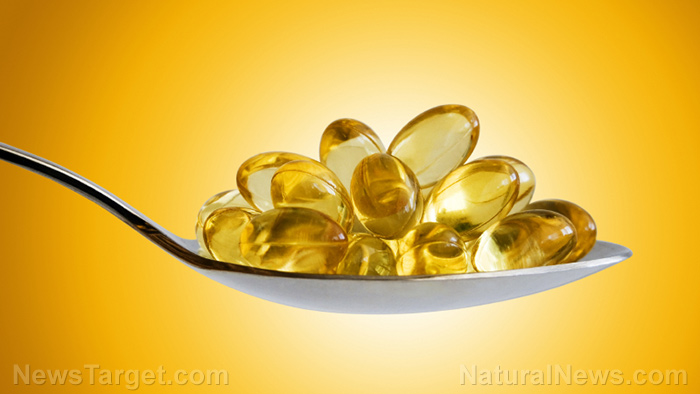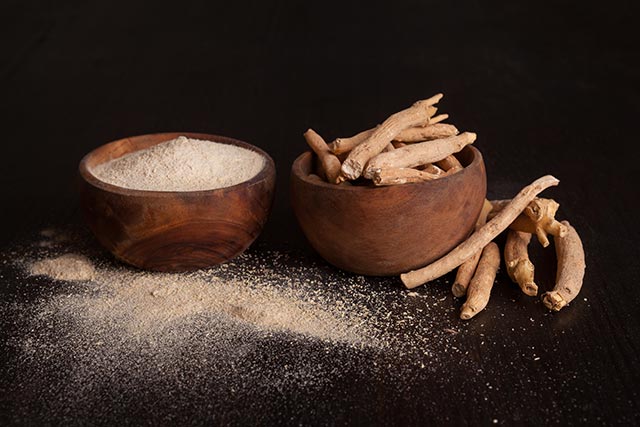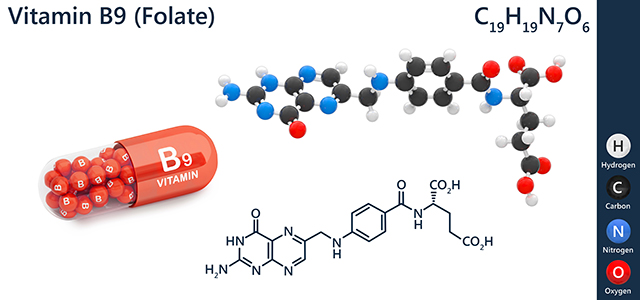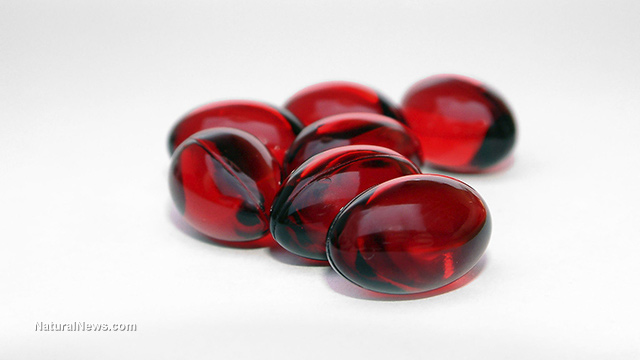Best brain supplements: Which ones you should take and why
02/12/2019 / By Michelle Simmons

Having a brain-healthy lifestyle is important to prevent cognitive decline and cognitive diseases as we age. Aside from physical exercise, mental exercise, sleep and relaxation, and social engagement, food and nutrition plays an important role in keeping the brain healthy. Here are some of the best brain supplements, according to NutraIngredients-USA.com. (Related: How To Build and Protect Brain Health Naturally)
- Omega-3 – Omega-3 fatty acids are essential fats that must be obtained from food because unlike other types of fats, the body cannot make it. Foods rich in omega-3 fatty acids include fish, vegetable oils, nuts, flax seeds, flax seed oil, and leafy vegetables. Omega-3 fatty acids play an important role in cell membrane and cognitive function. Moreover, omega-3s promote the healthy development of a fetus. Children whose mothers took omega-3 supplements when they were pregnant had better motor skills. Omega-3 is also good for mood and behavior improvement. Studies reported that eicosapentaenoic acid or EPA eased depression symptoms. EPA was also found to reduce the symptoms of post-traumatic stress disorder.
- Phosphatidylserine (PS) – PS is a phospholipid naturally found in organs with high metabolism, including the brain, lungs, heart, and skeletal muscles. PS is essential for brain development and memory and is used as a potential treatment for Alzheimer’s disease and other memory problems. Some studies reported that PS enhanced cognition.
- B-vitamins – B-vitamins support brain health in terms of their ability to lower levels of homocysteine, which is an amino acid associated with wasting in the brain or atrophy. Studies have shown that elevated homocysteine levels increased the risk of dementia.
- Vitamin E – Vitamin E aids in reducing cognitive decline risk. Its potential benefit for the brain is associated with its antioxidant effects, that aid in the protection of membranes from oxidation. Studies have reported that people with the highest levels of vitamin E tocopherols and tocotrienols and those who took vitamin E supplements had a lower risk of mild cognitive impairment.
- Citicoline – Citicoline supports cognitive improvement. It has shown effects on the improvement motor activity speed, attention and impulsivity, and boosted alertness.
- Magnesium – Magnesium is essential in at least 300 biochemical reactions in the body. Studies have shown that magnesium intake plays a role in the improvement of brain memory.
- L-theanine – This amino acid is naturally found in tea leaves. L-theanine supports brain health as it is found to reduce stress, encourage relaxation, and improve the quality of sleep. A study concluded that the amino acid can also improve the mood and performance of a person.
- Curcumin – Curcumin is also being studied by researchers for its potential health benefits, although studies are still limited in number. It is the natural pigment that gives the yellow color of turmeric. A study discovered that curcumin may enhance memory and mood in healthy older adults.
- Resveratrol – Resveratrol is a polyphenol and antifungal chemical that is often found in grapes and red wine. It does not only support the cardiovascular system, but also brain health. Studies found that it can boost the blood flow in the brain, improve memory performance, and reduce cognitive impairment.
- Inositol-stabilized arginine silicate — Its most common brand is Nitrosigine that is popular in sports nutrition circles. It also has benefits in cognitive health according to some studies as it may boost cognitive performance.
- Spearmint extract — Spearmint extract has been found to improve mental focus, agility, and eye and body coordination.
Sources include:
Tagged Under: brain function, brain health, brain nutrients, cognitive health, supplements


















